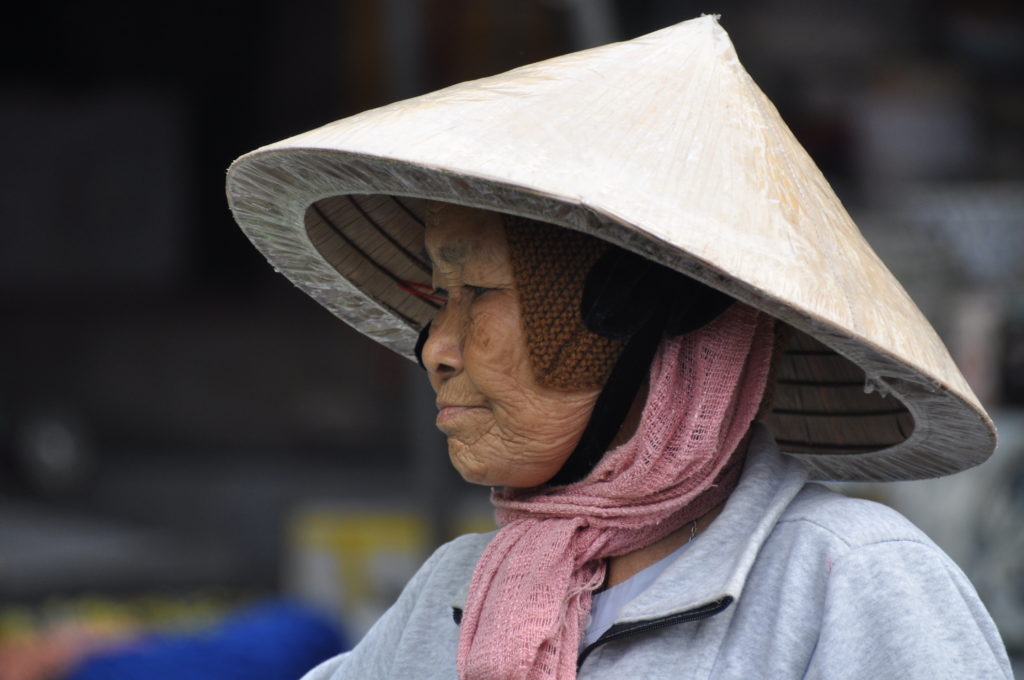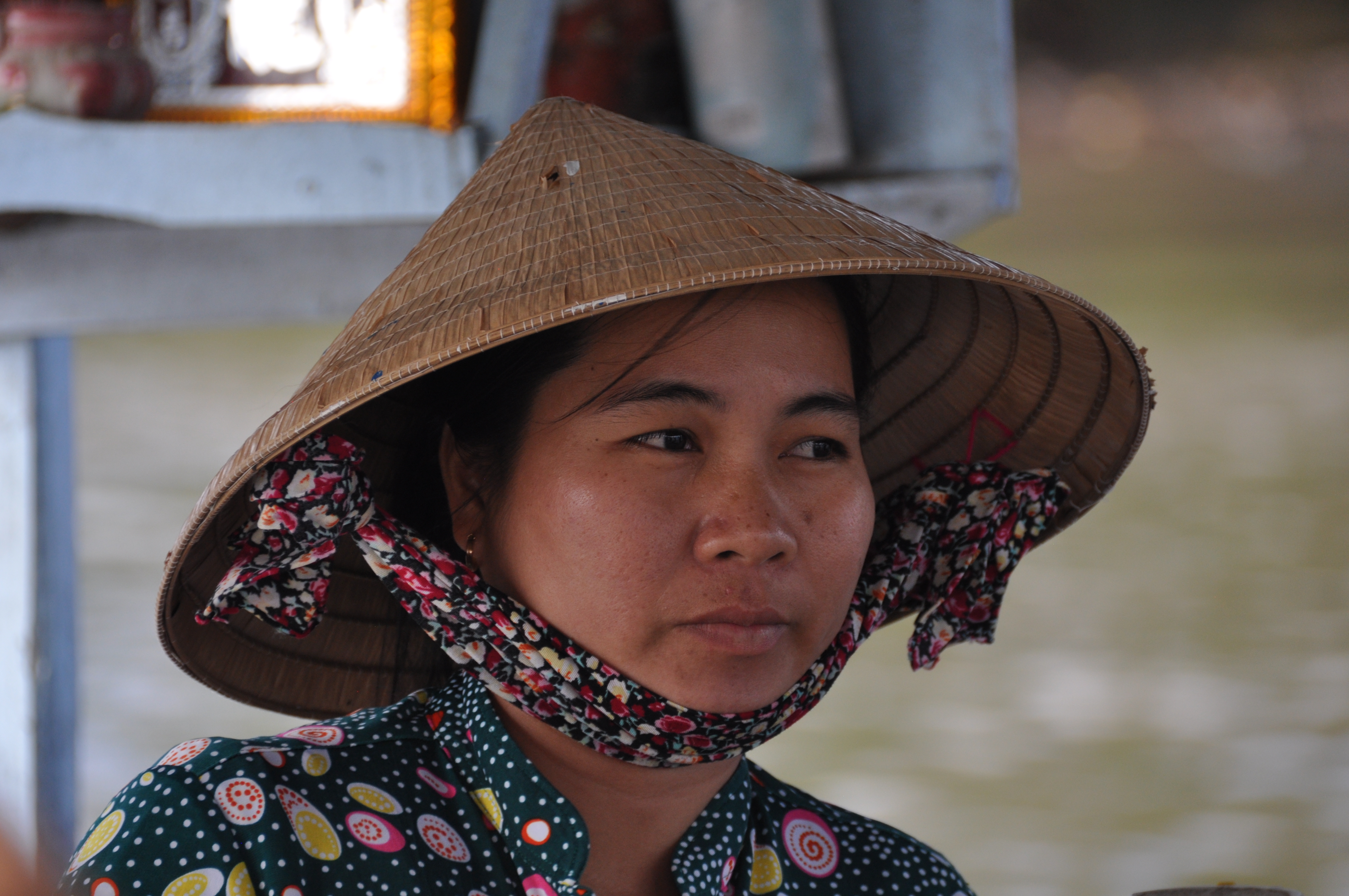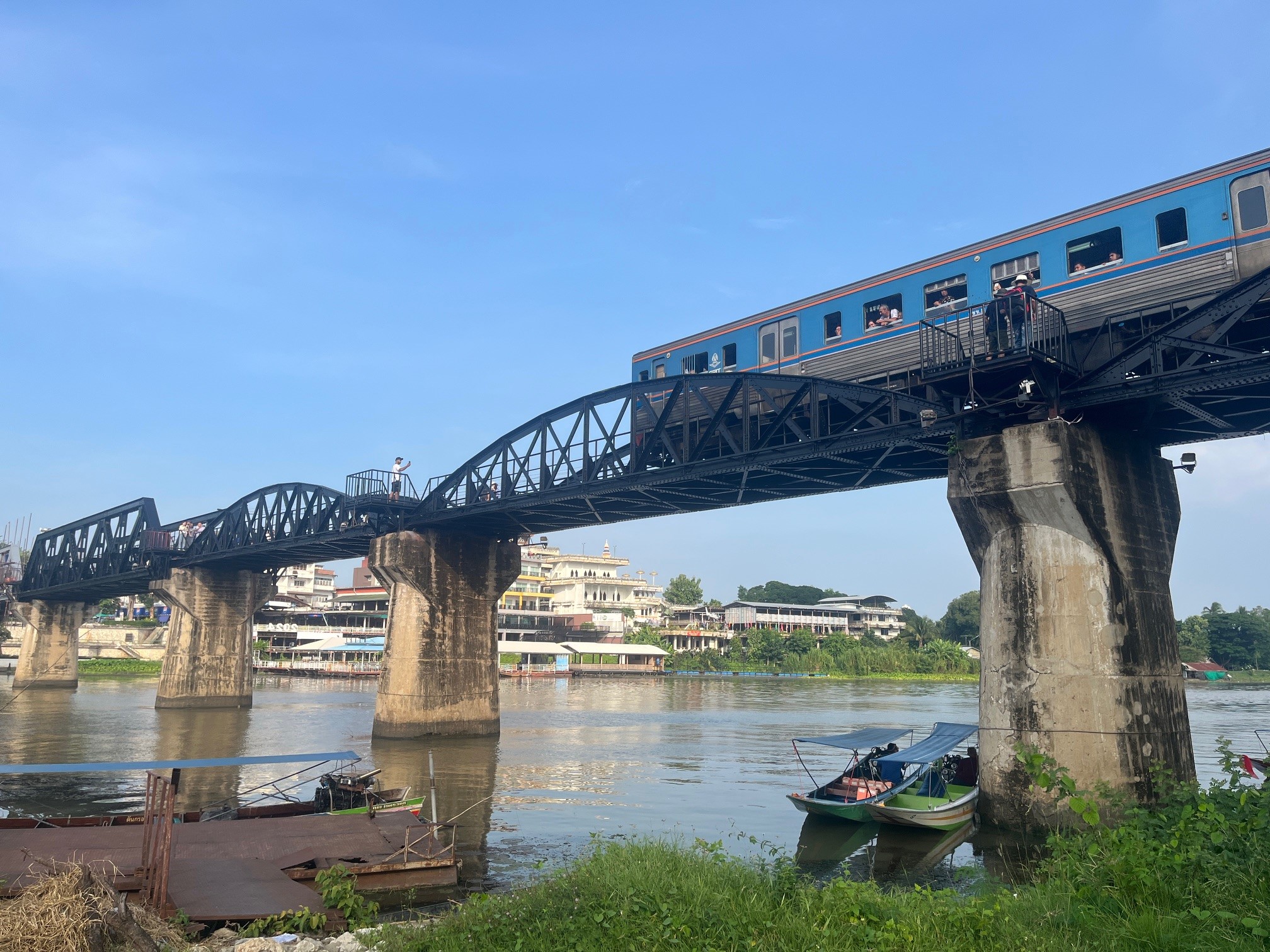« Somehow, I was sure that if people were willing to read each other, and see the light of other cultures, there would be no war on earth».
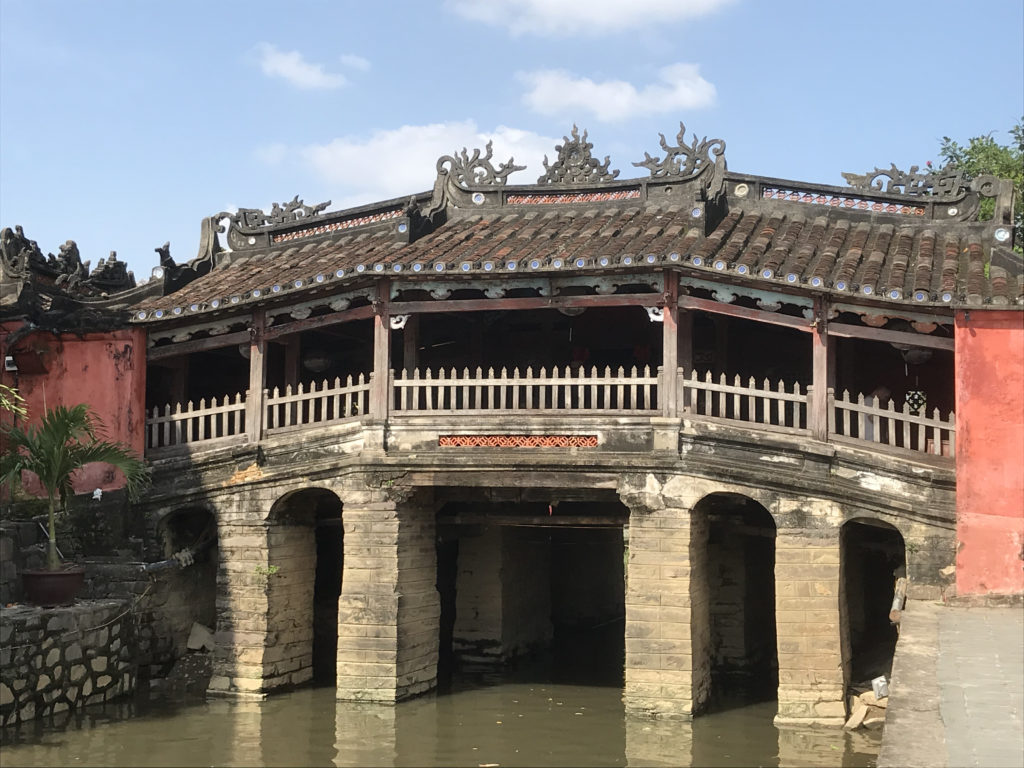
This sentence summarizes quite well the intention I had in one of my previous posts written just after a trip to Vietnam: I had tried to gather books about the Vietnam War written from the American and Vietnamese point of views and on the Vietnamese side as much from the Southern than the Northern angle.
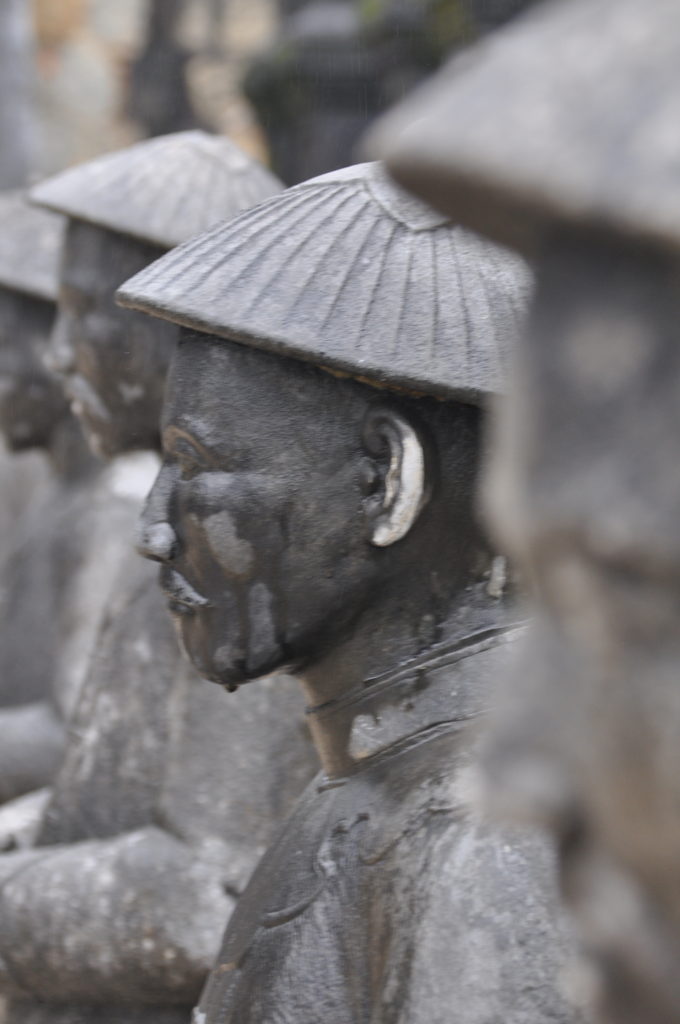
Two years later, I immersed myself again with enthusiasm in Vietnam’s history thanks to « The Mountains Sing » the superb novel written by Vietnamese writer Nguyễn Phan Quế Mai. She manages, in a wonderful and moving style, to articulate many of those point of views in one book.
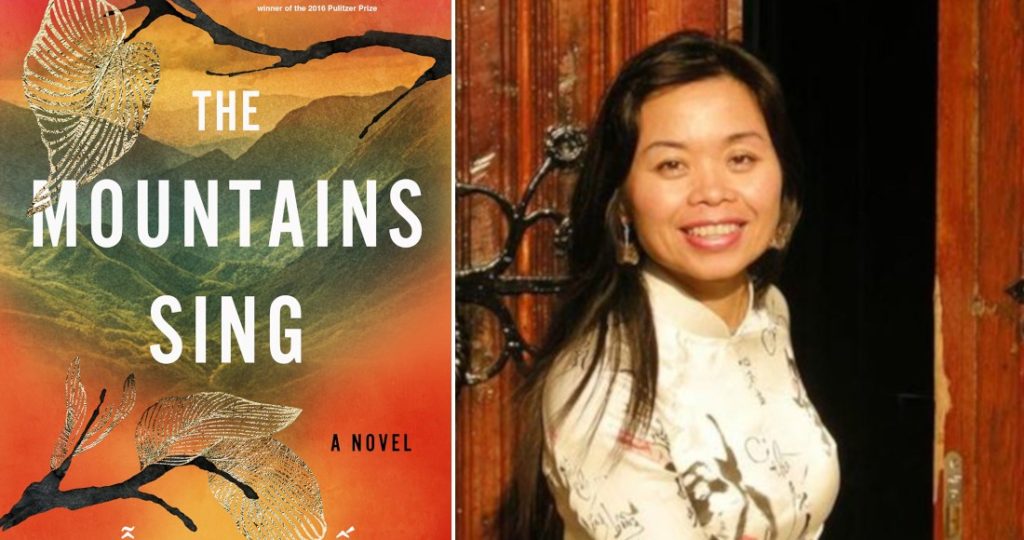
The thought highlighted at the start of this post comes from Hương, a young Vietnamese teenage girl just after that American bombs devastated Hanoi in 1972. Her parents are on the front and her grandmother, Diệu Lan, who nicknames her Guava, brings her to a village in the countryside to avoid the destruction. When grandmother and granddaughter arrive back in the capital, their house is in ruin. Diệu Lan leaves her job as a teacher and starts as a black-market trader. She brings back contraband American literature, including « The Little House in the Big Woods » by Laura Ingalls Wider which Hương read in the makeshift shack they had rebuilt.
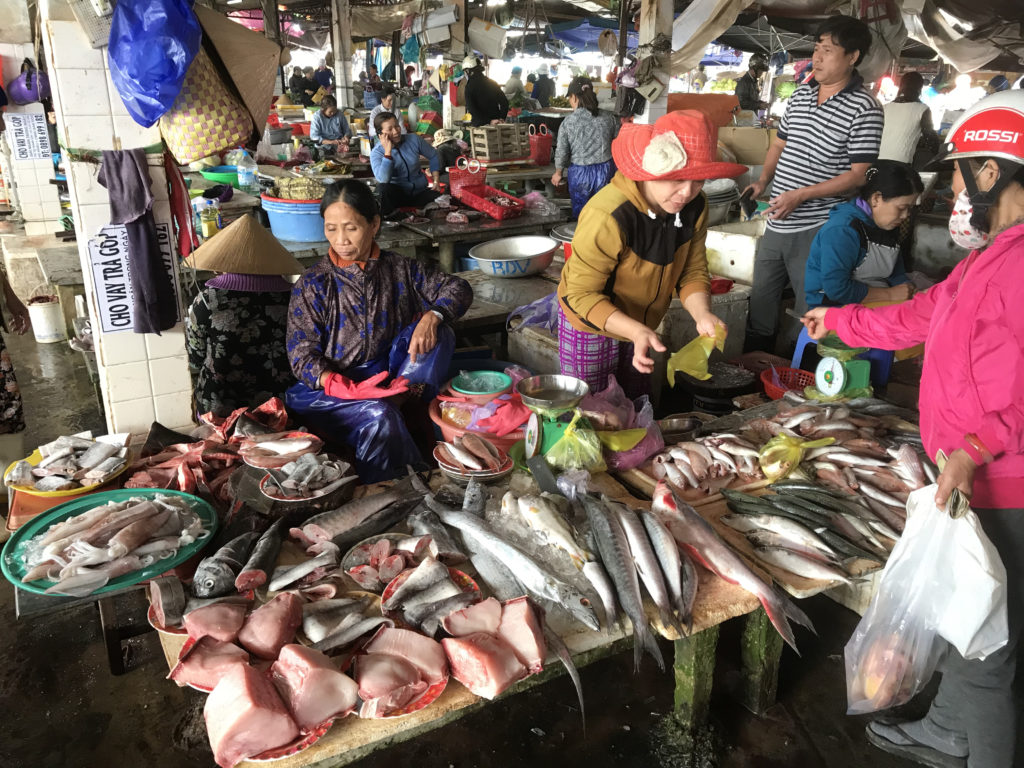
This empathy for the other, even the enemy, is at the heart of the novel. The author, whose poems in Vietnamese have been translated in English, decided to write her first novel directly in English. The book is constructed as a duet between the grandmother and her granddaughter. Diệu Lan tells Guava her family’s story. They were landlords from the Central provinces. Her father is beheaded in front of her by Japanese soldiers as they were traveling to Hanoi to sell their potato harvest. Later, during the land reform launched by the Communist regime in the North in the 50s, she is violently expelled from the family house and must flee with her many children, but without knowing what happened to her eldest son, Minh. She reaches Hanoi by foot with her youngest child on her back, after having had to leave her other children, too weak to continue, to people she had to trust on the road. Once settled in the capital, she travels backwards to pick up her all their children, except Minh whose track is lost.
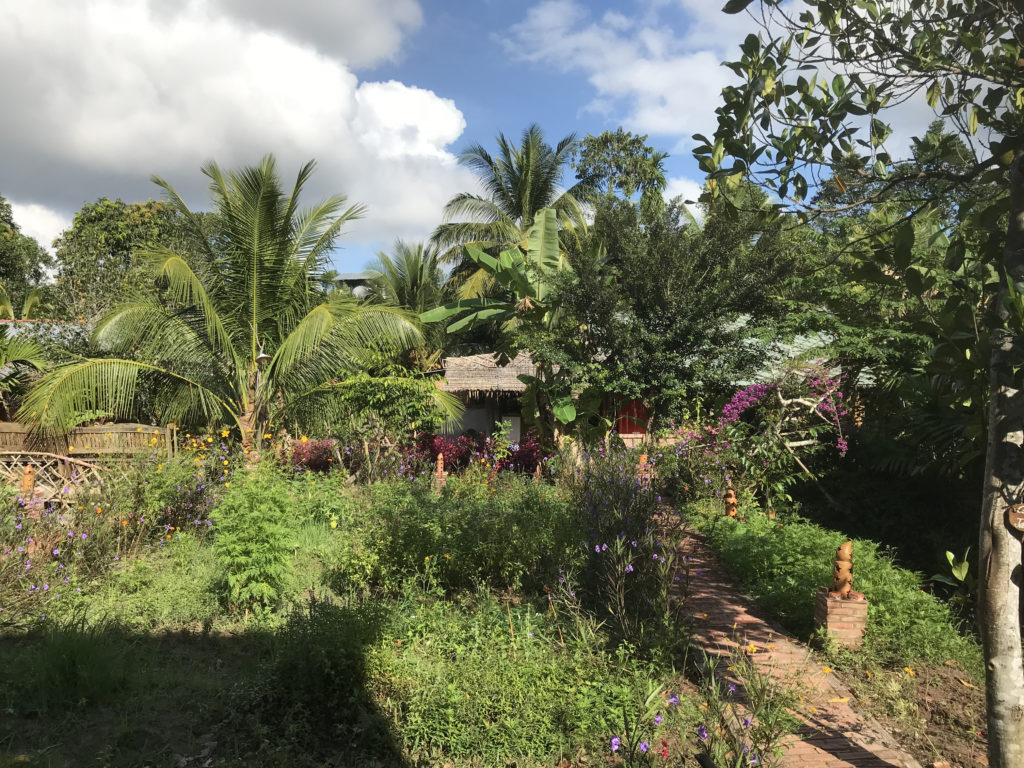
Once the war against the Southern regime supported by the Americans breaks out, most her children, now adults, are drafted, including Hương’s mother who is a doctor and who enrolled to try to rejoin her husband. Hương grows under the grandmother’s protection. At the end of the hostilities, some of her uncles come back: one is in a rolling chair after having stepped on a landmine, while another one, hoping to become one of the party’s cadres, refuses to meet his mother who is guilty of being part of the black market. Her mother also reappears, but a heavy secret prevents her, at first, to become close to her adolescent daughter. Her father will not come back. He nevertheless manages to send, through one of the uncles he met on the Ho Chi Minh trail, a wooden lark hand carved for his daughter.
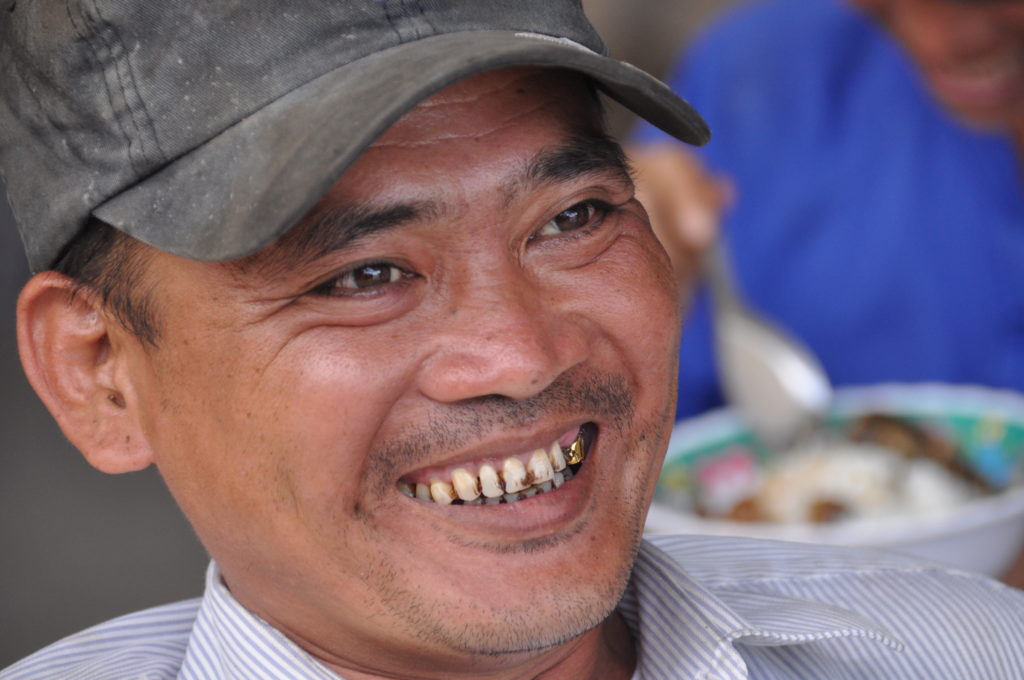
The war is over and Hương continues her progression at school. She falls in love with a handsome boy whose family also comes from the Central Province. One day, the grandmother finally receives a telegram from Minh, her eldest son. The family hurries to the South where she discovers that Minh is dying from cancer and learns that he fought in the Southern army. He could have faced one of his brothers on the battlefield.
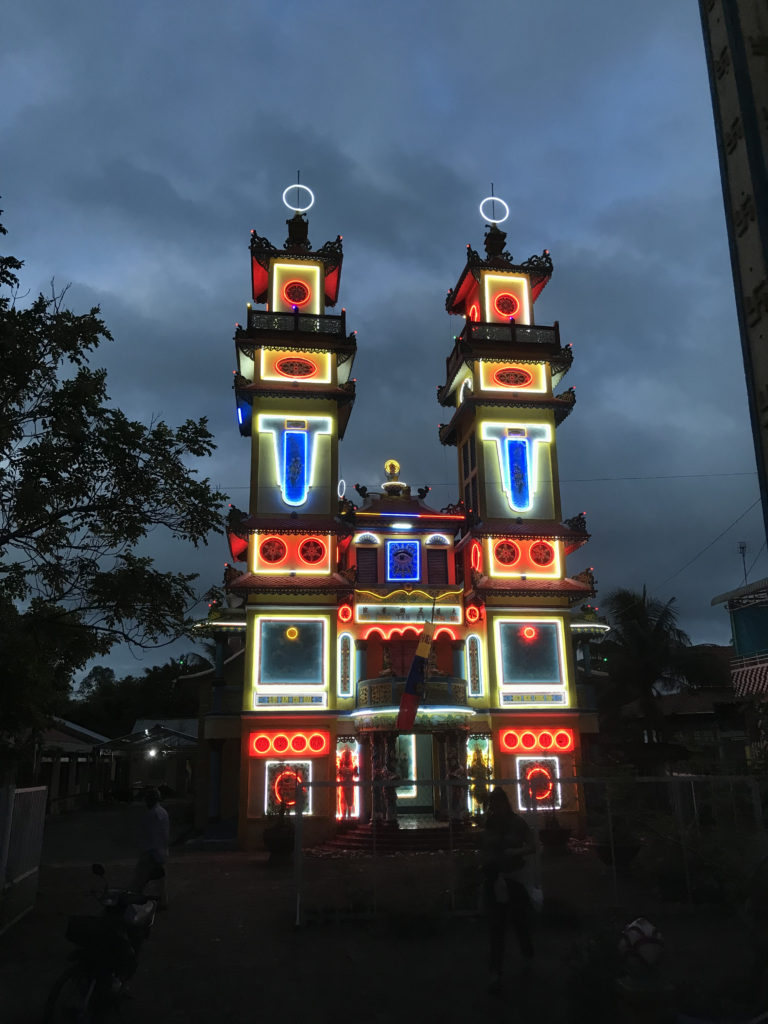
The family is reunited, despite its dead and scars. Hương’s wedding is in preparation when the ghosts from the past resurface one more time. It is the grandmother who convinces her granddaughter to take the plunge. She was the one telling her: « The challenges faced by Vietnamese people throughout history are as tall as the tallest mountains. If you stand too close, you won’t be able to see their peaks. Once you step away from the currents of life, you will have the full view».
